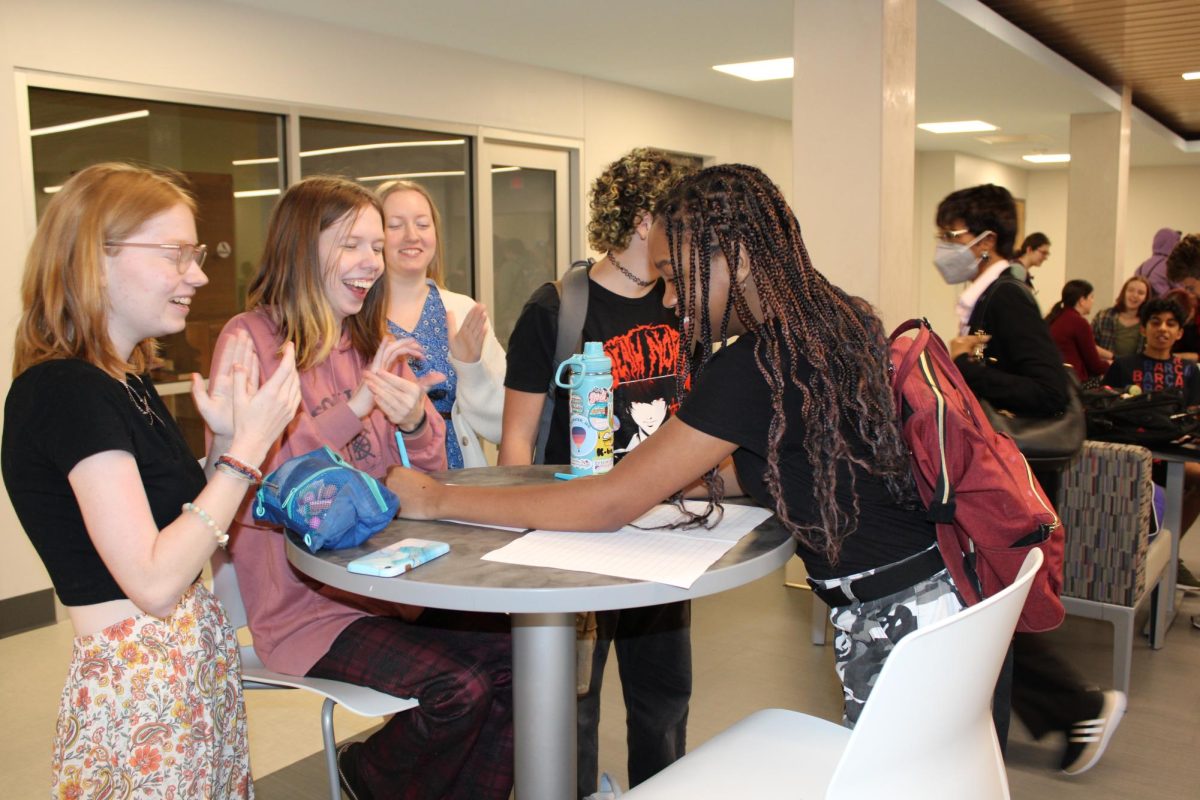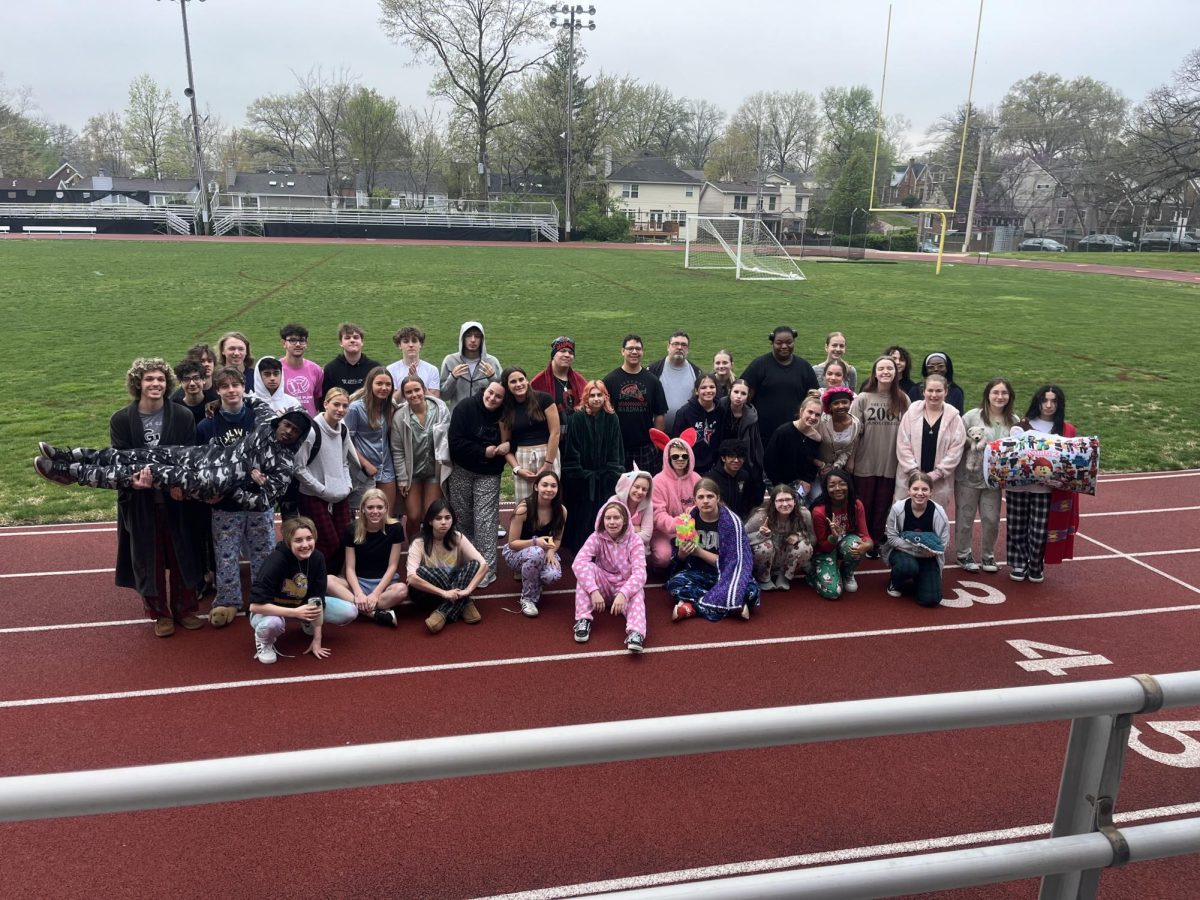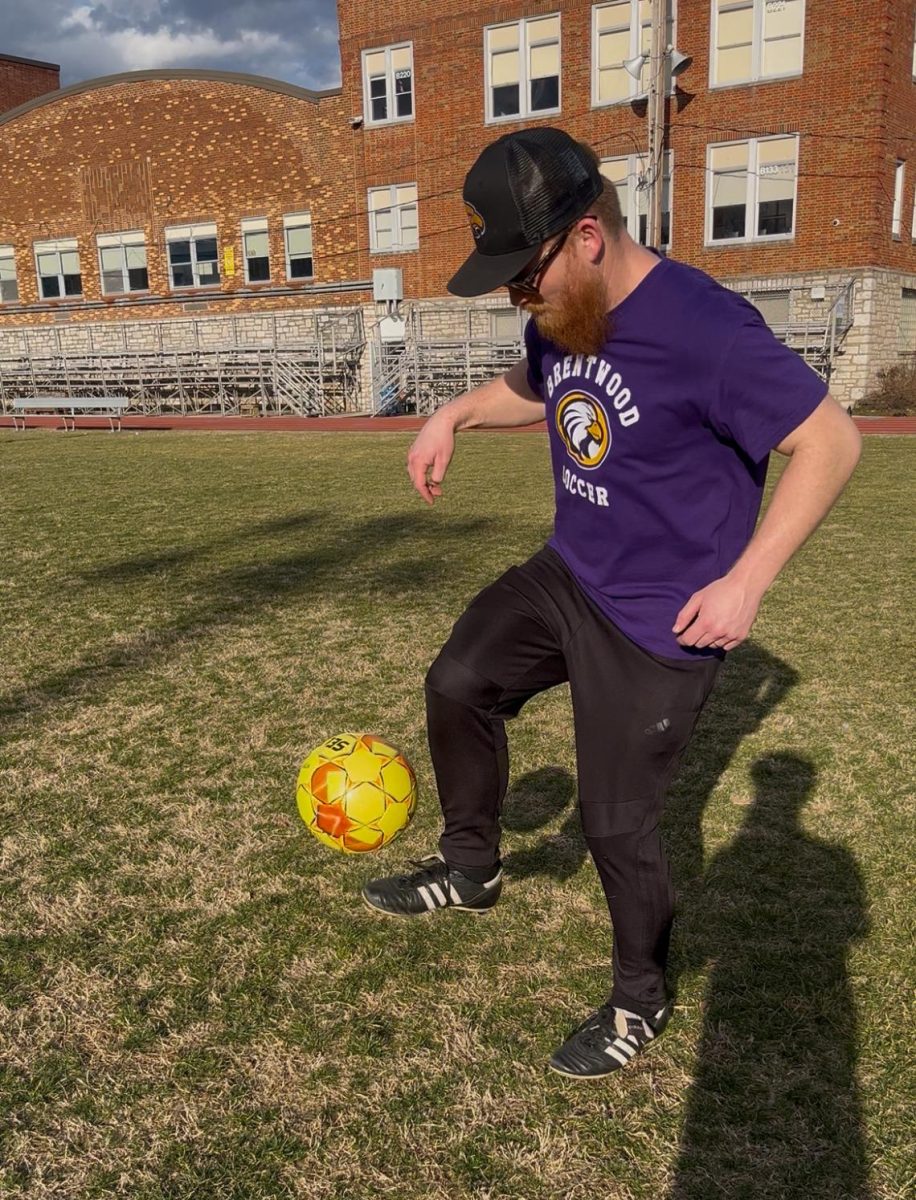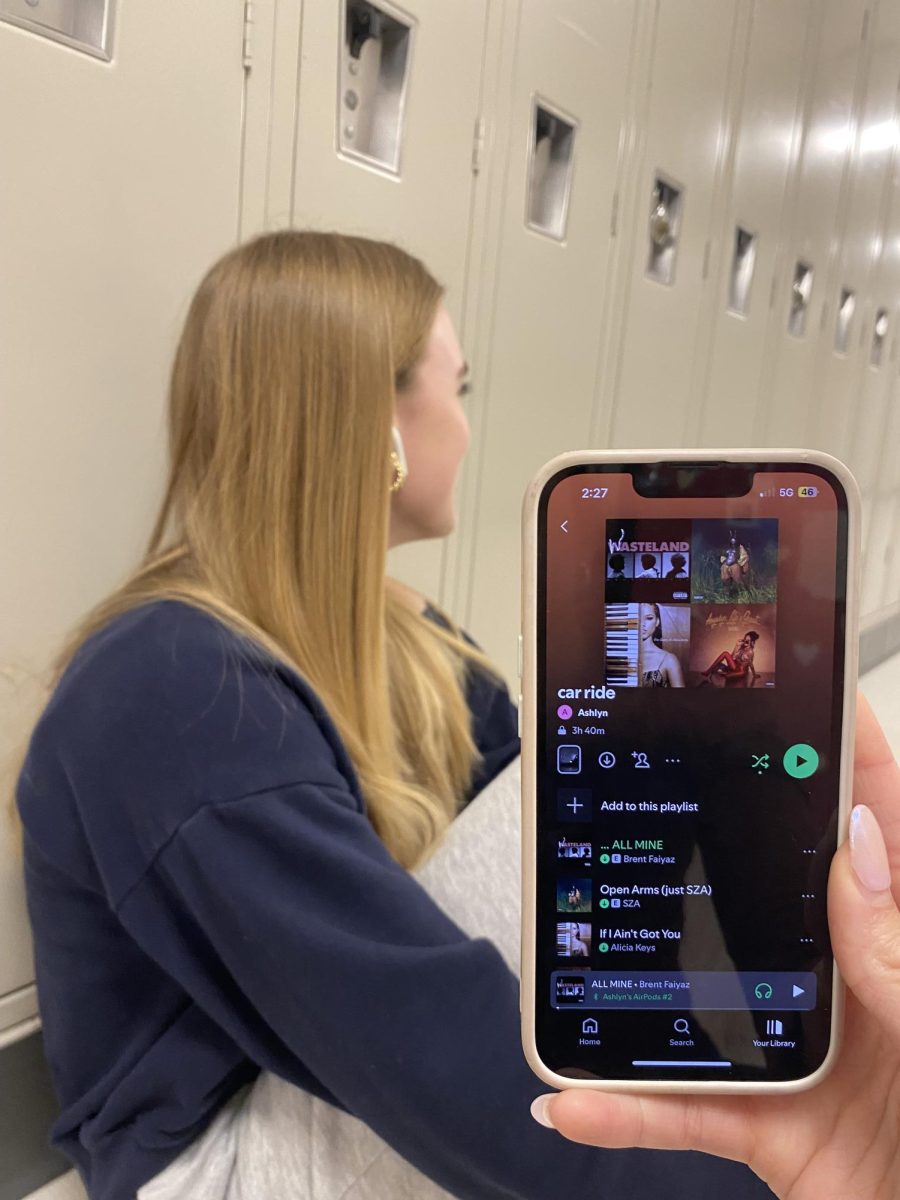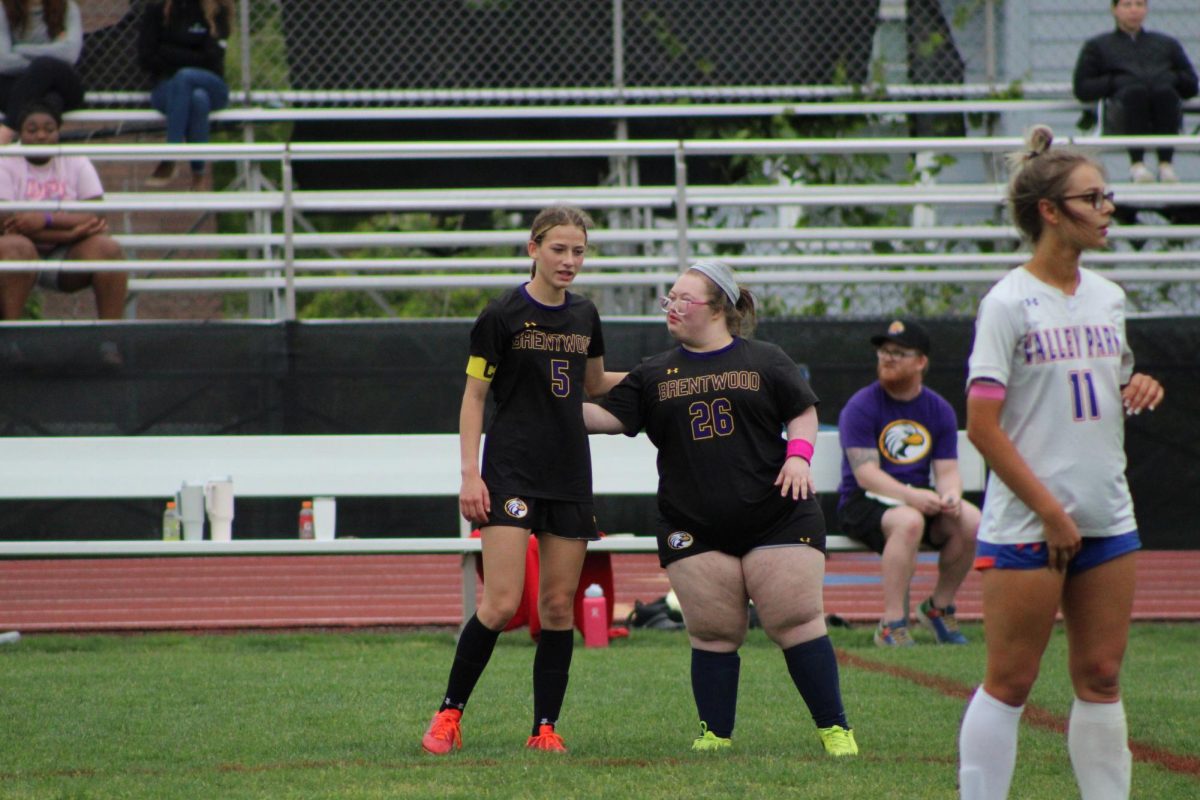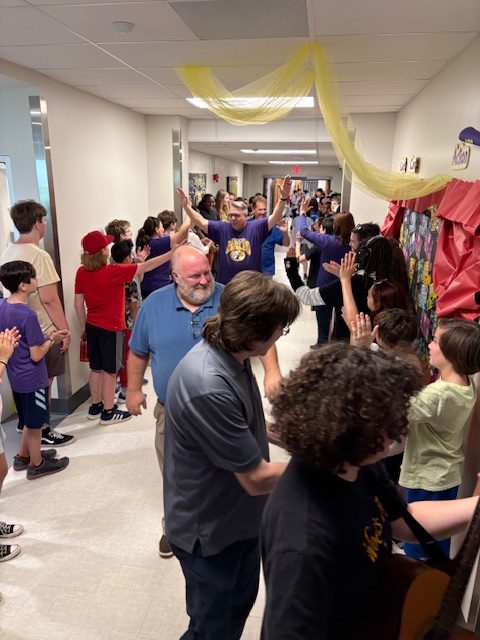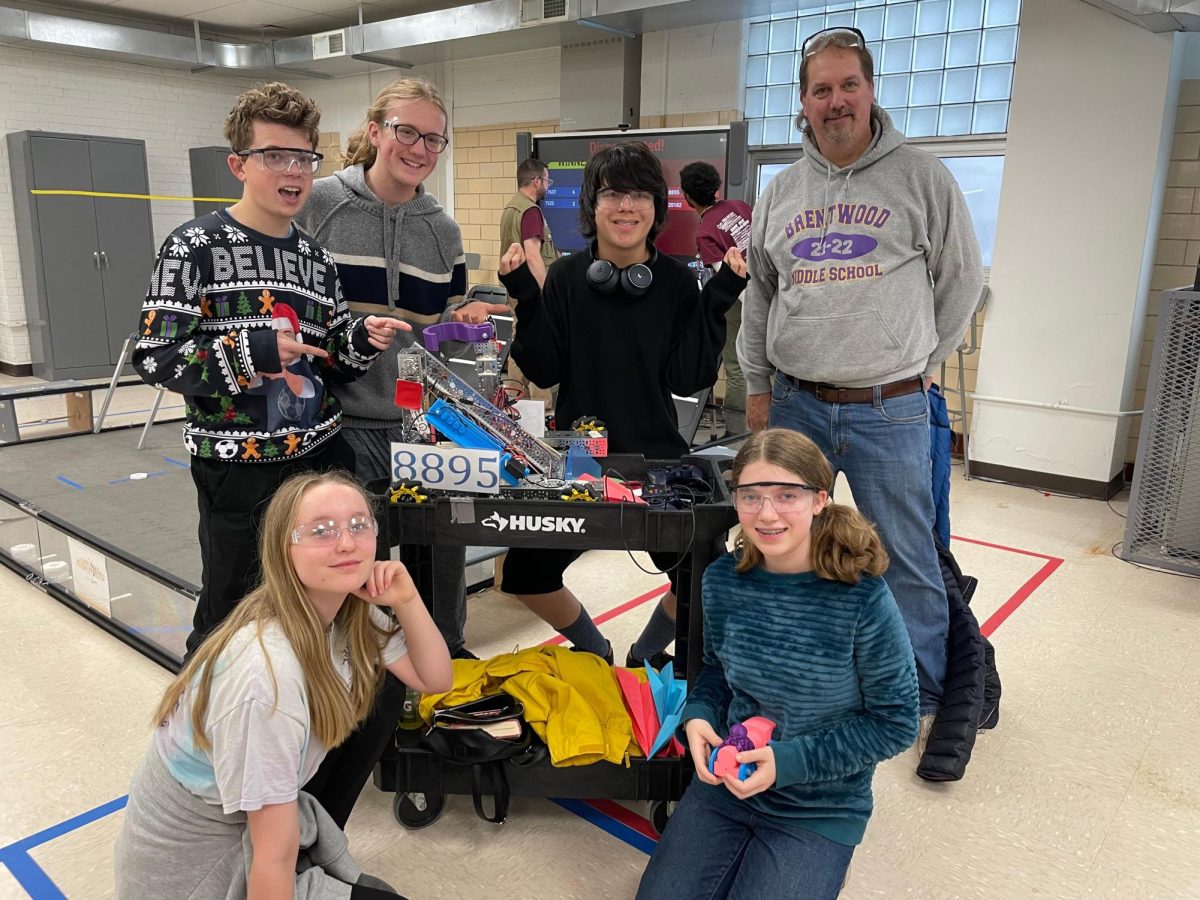Between going to school for seven hours a day, homework, long tests like the ACT and SAT, sports practices and games, and socializing with friends, high school students have a lot on their plate. People need sleep to function well throughout the day — high school students, especially. It’s essential to get enough rest, and this can be a challenging task when their day is too packed with things they need to get done.
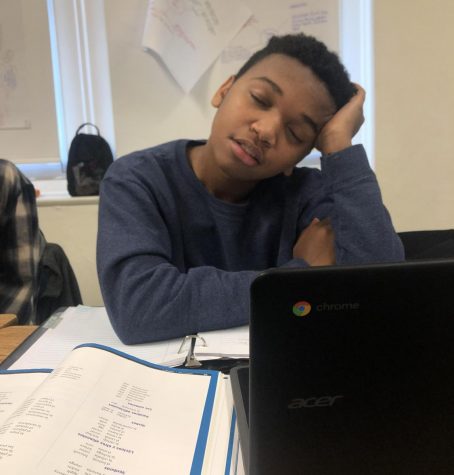
The Nationwide Children’s Hospital claims that high school students should get nine to nine and a half hours of sleep. But, according to a poll on The Eagle, not one person regularly gets nine or more hours of sleep. The poll on brentwoodeaglenews.com showed that 46% of voters only get 2-5 hours of sleep, around half of what they need. The National Sleep Foundation argues that not getting enough sleep can lead to mood swings, inability to concentrate, acne-prone skin, and increased use of caffeine. Many teens who drive themselves to school will have to drive while tired both in the morning and after a long day at school, which can be unsafe. Getting enough sleep is vital to prevent accidents, do well in school, and maintain good mental and physical health.
Most students will say that school is the cause of their sleepless nights. Hours of schoolwork, studying, and sports combined with getting to school by 8 o’clock or earlier can be difficult for students to balance. Brentwood freshman, Antoinette Willis, says that she only gets about six to seven hours of sleep a night, going to sleep at 11-12 o’clock and waking up at 5 AM. She believes that starting school later would be beneficial because even if students aren’t able to get the right amount of sleep the night before, they have more time to catch up on sleep in the morning. College freshman Abigail Kimmel gets five to six hours of sleep a night. She believes that starting school later would not be helpful because it would push everything else back, like practices and study hours. “This would not be convenient for the older school children who have jobs that start at 4 or 5,” she mentioned. Although it would give students a chance to sleep more in the morning, they would probably end up staying up late at night.
Although school can be a challenge, Willis recognizes that it’s not the only thing keeping students up at night. “The main cause of students getting 2-5 hours of sleep is probably video games and electronics,” Willis believes. “An effective way to prevent this would be to take TV’s and electronics out of rooms before kids go to sleep.” KidsHealth found that teenagers spend around nine hours a day on screens. Sophomore Cameron Bethea’s average screen time is 9 hours and 54 minutes. The reason electronics affect our sleep so much is because the blue light that they emit keeps melatonin from releasing. Melatonin is what helps our bodies go to sleep. If this process is delayed, our bodies’ “internal clock” is pushed to a later time, which means we will continue to have trouble to go to sleep in the future. The National Sleep Foundation explained, “you can install an app that automatically warms up the colors on the screen—away from blues and toward reds and yellows—at sunset.” This will help to not delay the release of melatonin. Having a particular time to put electronics down at night without using them again can also be beneficial.
Whether the cause is schoolwork, or electronics and social media, it is evident that students aren’t getting enough sleep. So it is important that when students are feeling tired at night, they go right to bed and get as much sleep as possible.






